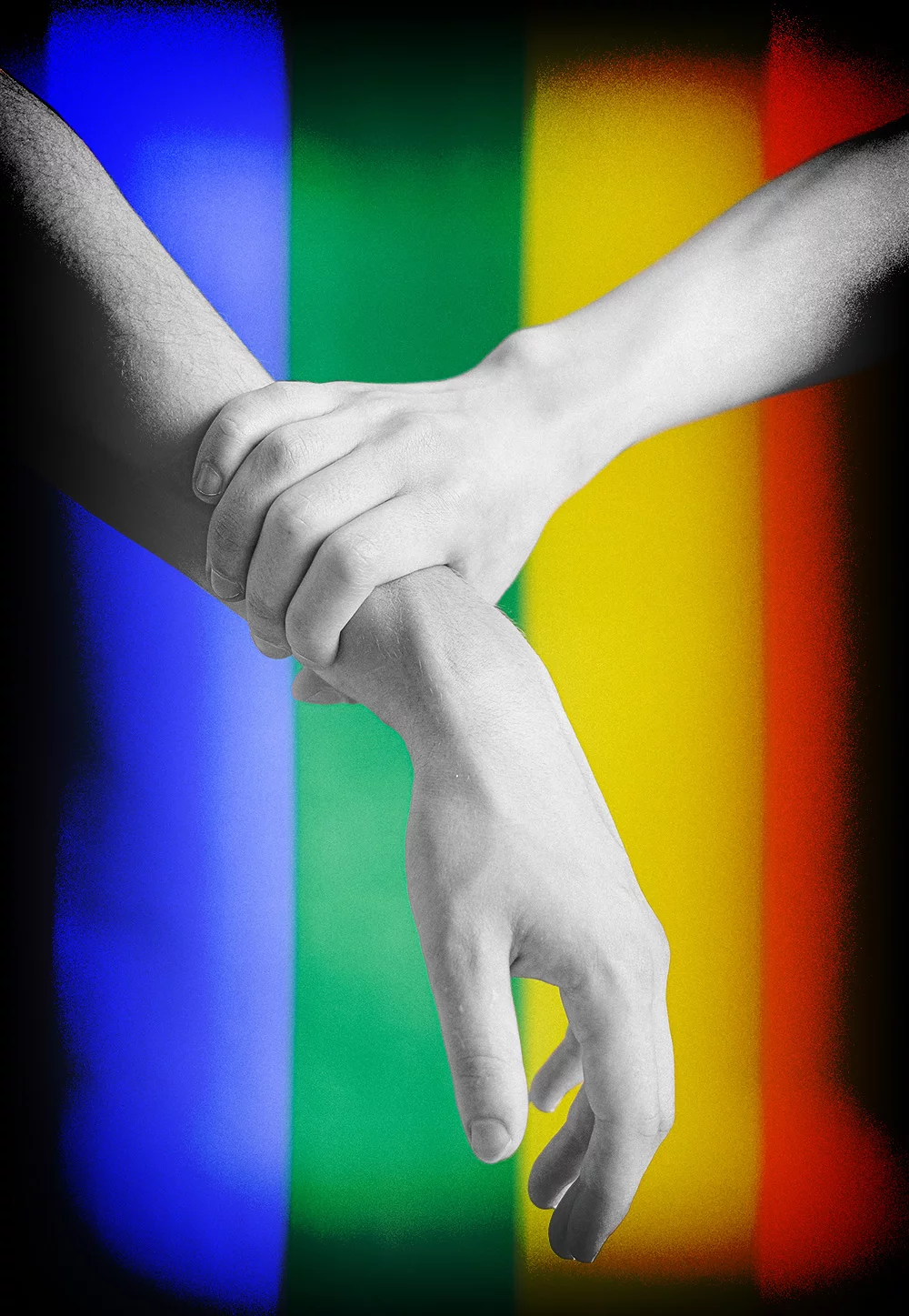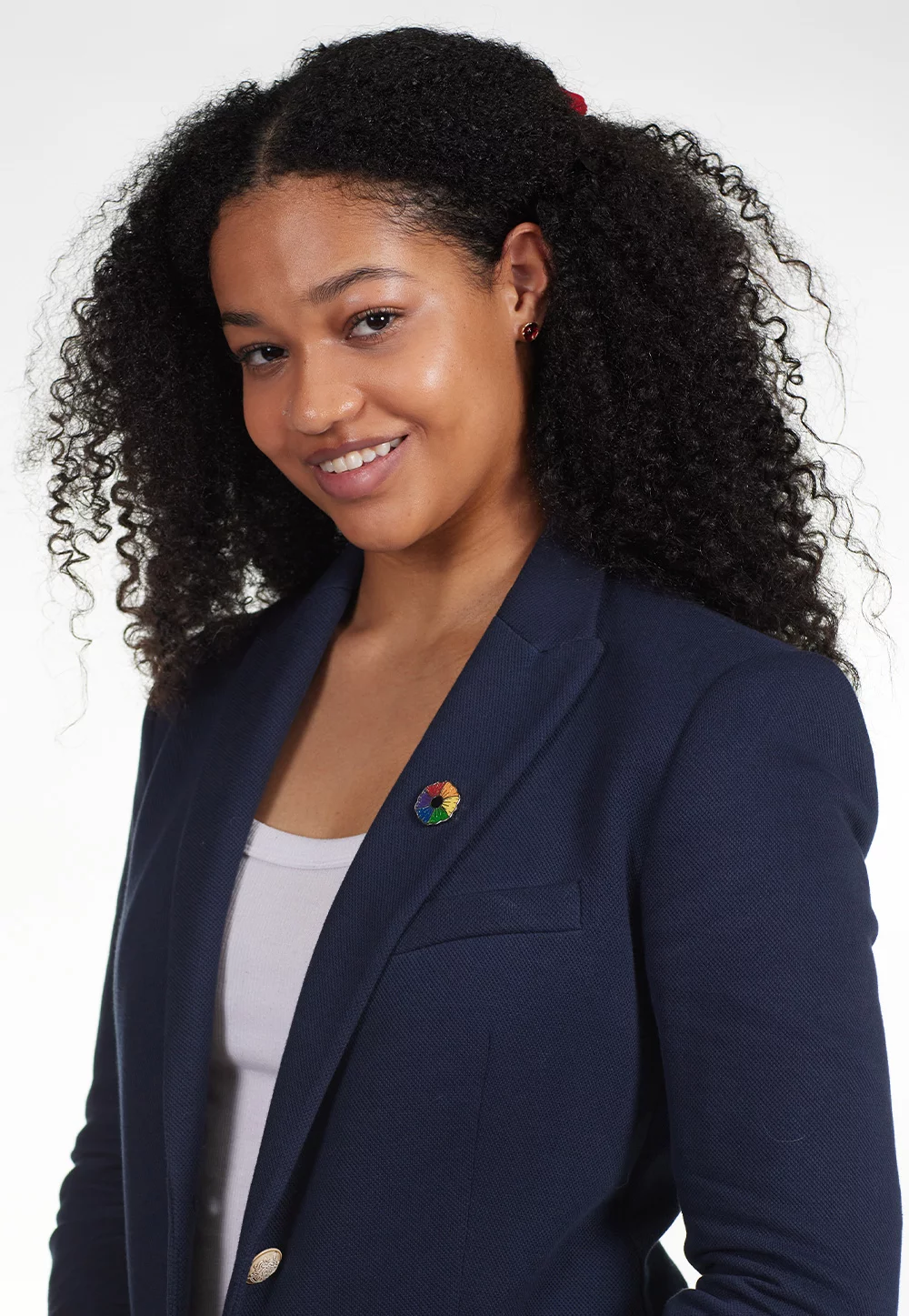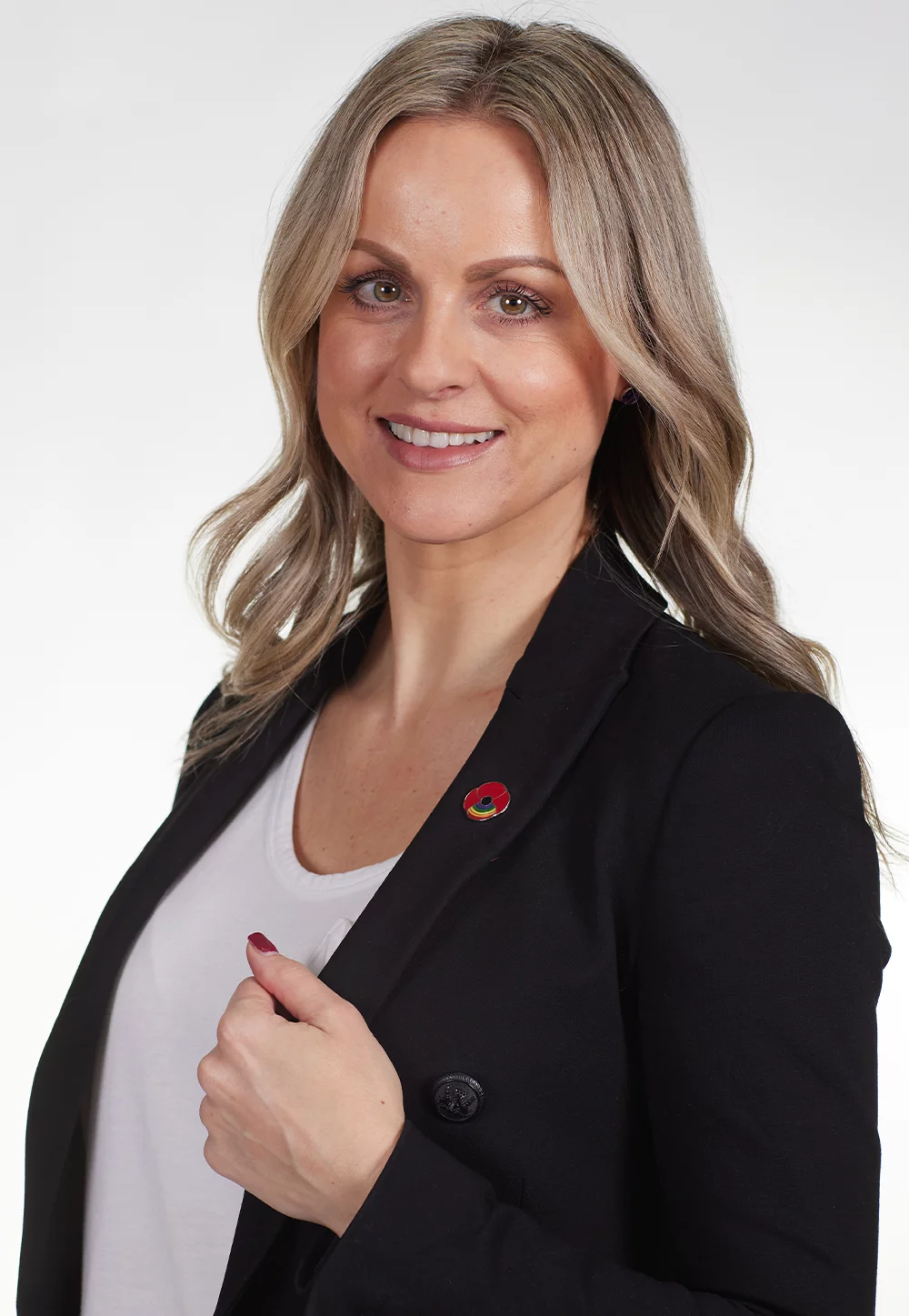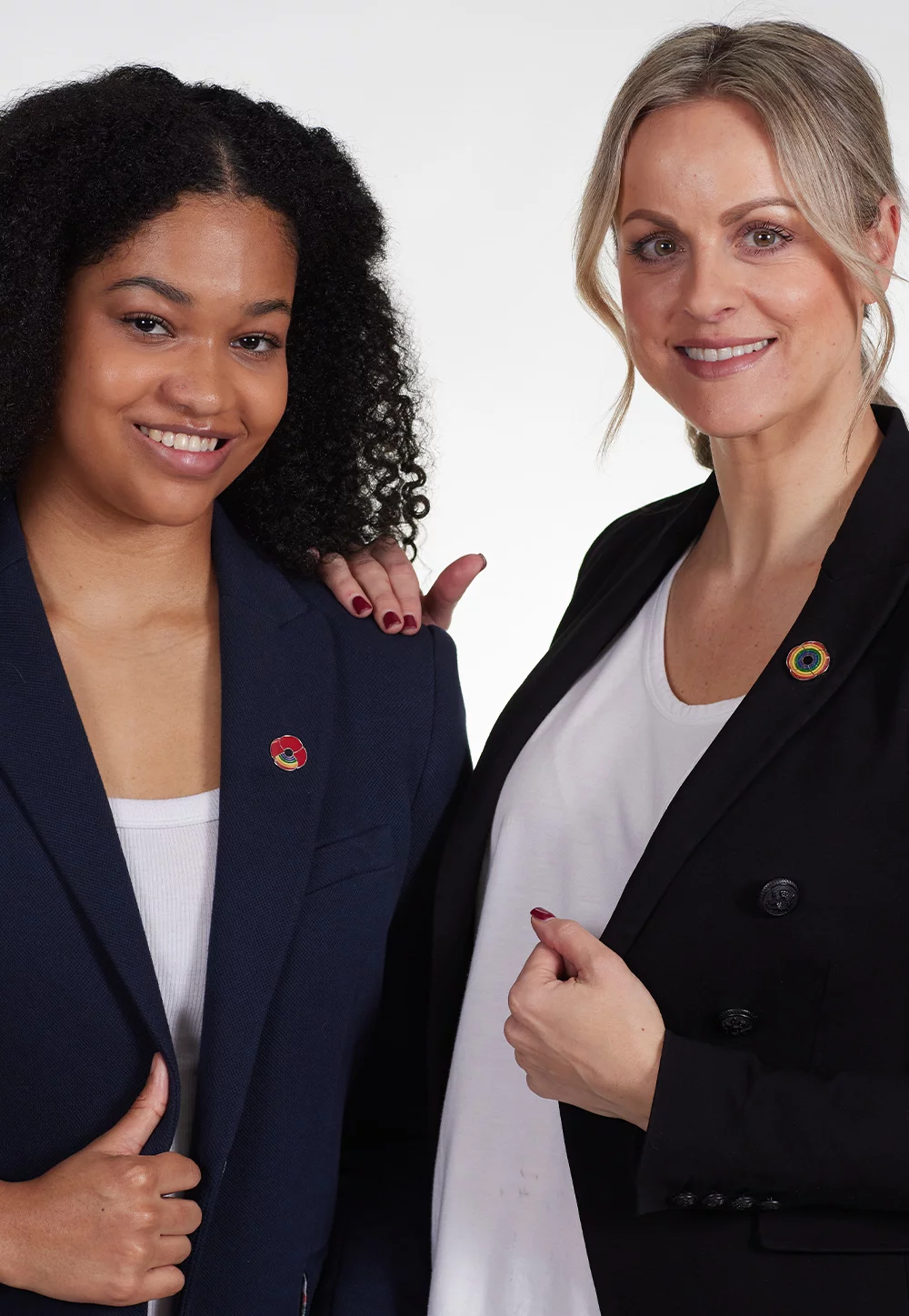Embracing Diversity
Embracing Diversity Collection
Celebrating equality throughout the defence and armed forces.
"All Australians who serve in our defence forces should be honoured for their service to our country.
The stories of service from across our great country are as unique as the individuals who share them,
and each one deserves to be told."
- Assistant Minister for Veterans’ Affairs and Defence, Matt Thistlethwaite.
LAPEL PINS & BADGES
Celebrate and embrace diversity in our defence force with these stunning lapel pins & badges.
Created to celebrate the incredible diversity of those who serve across all areas of the defence force,
these vibrant pins each feature a unique rainbow poppy with beautiful metallic detailing throughout.
Wearable on caps, bags and clothing these pins are a perfect addition to any collection.
-
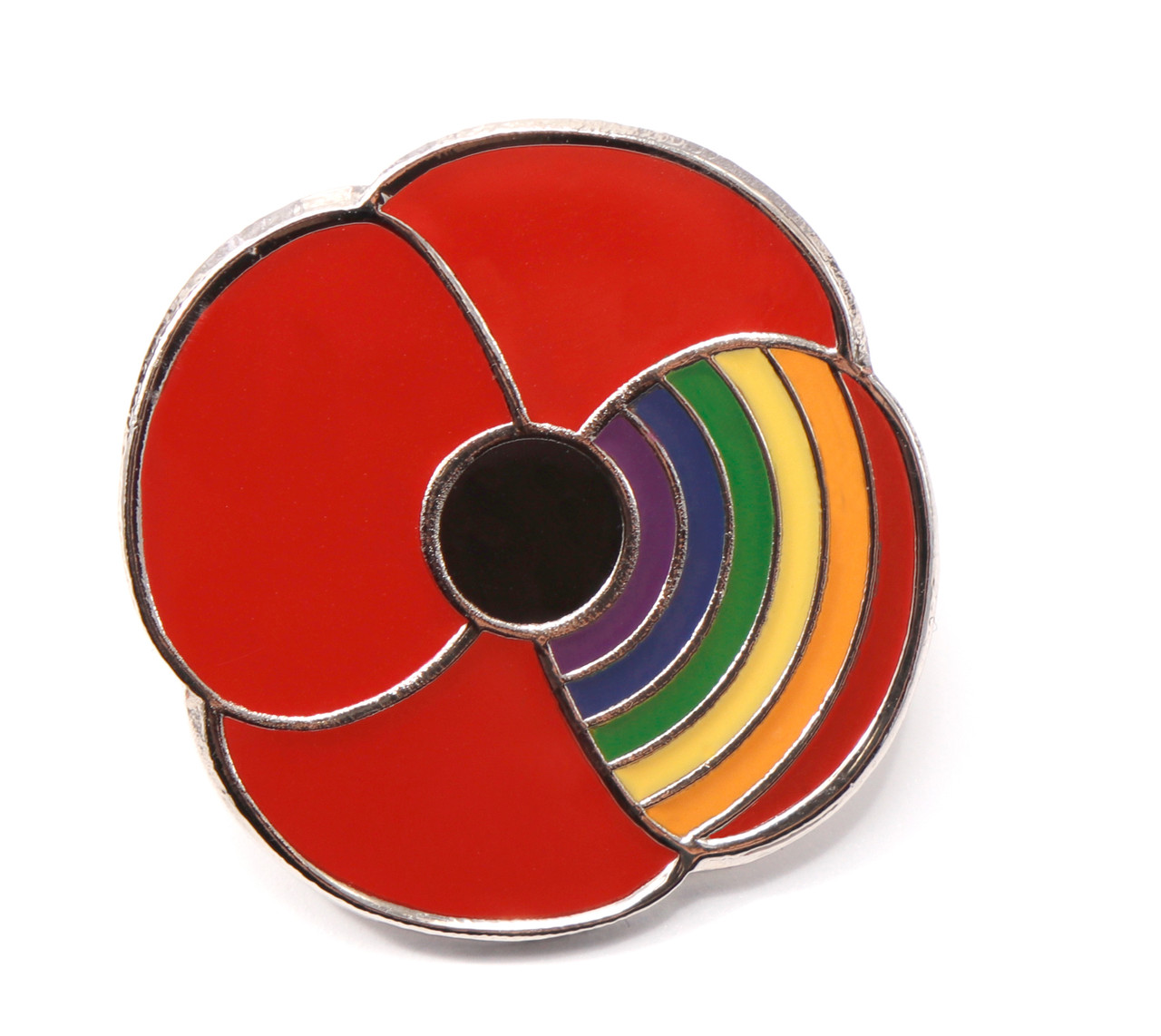
Inclusion and Respect Poppy Lapel Pin
ORDER NOW -
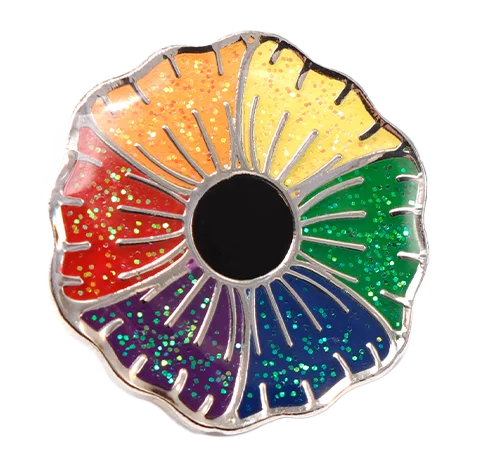
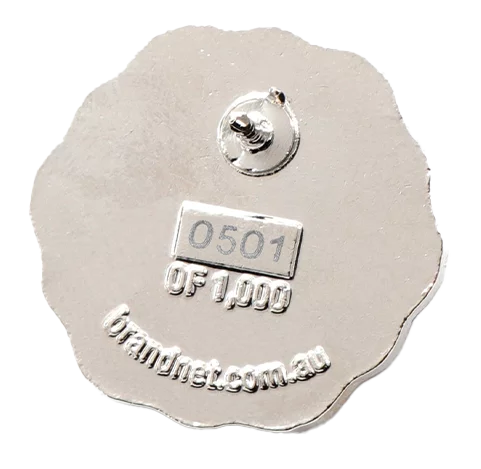
Inclusion and Respect Poppy
Limited Edition Lapel Pin
ORDER NOW
INCLUSION AND RESPECT MAGNABADGE™
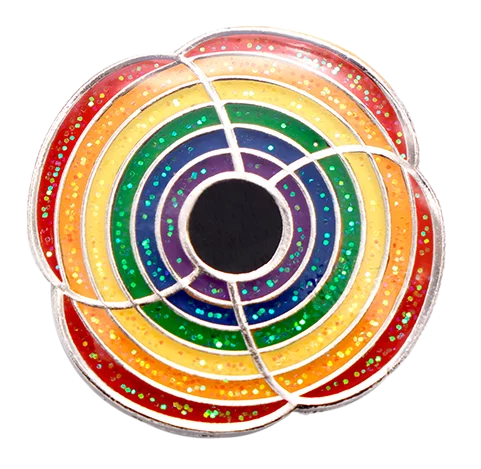
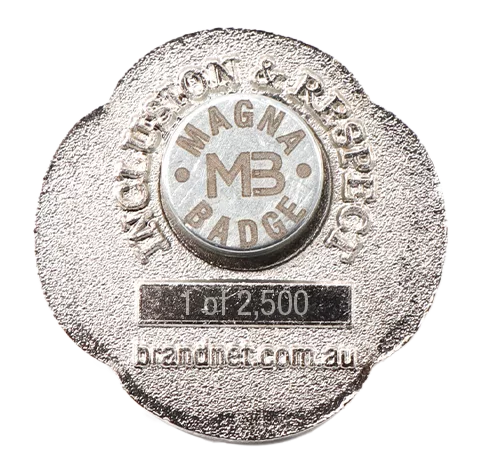
This vibrant badge features a stunning rainbow poppy on our fantastic Magna Badge design!
With only 2,500 available, do not miss out on this beautiful badge for your collection.
Don't put holes in your lapels, with a Magna Badge you can easily attach these beautiful badges to your clothing
with an easy-to-use magnet on the reverse.
This colourful and bright design is perfect on your lapel or as a stunning addition to your growing Magna Badge collection.
Limited to only 2,500
ORDER NOW
HISTORY OF SERVICE
Timeline provided by the DEFGLIS Defence LGBTI Information Service.
PRE 1992
The Gay Ex-Services Association operated from 1982-84. Their President was Max Campbell, who served in the Royal Australian Air Force from 1961-81, including a tour in Vietnam 1966-67.
The Association was prevented by the R.S.L. from laying a wreath at the Cenotaph in 1984. You can read more about the incident and the reflections of Max Campbell in the first report back from the research team.
1992
On 23 November 1992, the Keating Government announced a cabinet decision to revoke the policy on homosexual behaviour. This came as welcome news to young sailor Anita Van Der Meer who had taken a complaint to the Human Rights and Equal Opportunity Commission in response to the Royal Australian Navy seeking to discharge her for being same-sex attracted. While the Commission did not have the power to act, her complaint was one that led to the removal of the policy.
Personnel who were involuntarily discharged prior to 1992 on the basis of their same-sex attraction can seek to have their discharge paperwork amended to reflect a voluntary discharge.
1996
1996 saw the formation of G-Force, the first known support group for actively serving members. The group marched in the Sydney Gay and Lesbian Mardi Gras against the express wishes of Defence Headquarters. President of G-Force David Mitchell - then a Sergeant in the RAAF - received threats from a senior officer in Defence who threatened his career if the march proceeded.
Just prior to the march, Defence members were approved to march in the G-Force float but were not permitted to march in uniform.
Mitchell and G-Force went on to advocate for recognition of same-sex partners by Defence Health Funds.
1999
In 1999, Andy Stuht - a member of the Navy - organised the second participation of Defence personnel in the Sydney Gay and Lesbian Mardi Gras Parade. The group was called "Defence In Unity." The group was not provided with permission to march in uniform, and instead elected to march wearing various retired items of Defence uniform.
2002
The Defence Gay and Lesbian Information Service - DEFGLIS was formed in 2002 by then Petty Officer Stuart O'Brien.
2003
In 2003, Defence implemented a ban on members undergoing gender transition while in the Australian Defence Force. At this stage in history, DEFGLIS did not have knowledge, or experience with gender transition or gender identity.
2005
2006
Health Directive 210 Policy on the prevention, detection and management of blood borne virus infections is released.
2007
DEFGLIS President Stuart O'Brien receives a letter from Defence senior leadership outlining agreement and conditions for Defence personnel to participate in Mardi Gras. A signal is released from Defence providing permission for Defence personnel to participate in Mardi Gras.
2008
Defence personnel participated in the Sydney Mardi Gras with formal approval from Defence in DEFGLIS civilian attire.
2009
Following release of the Acts Interpretation Act in 2009, further inequality was removed between same-sex and opposite-sex couples. However policy discrimination remained in effect and continues to remain in effect as of 2015 maintaining inequality between how same-sex and married couples are recognised by Defence.
2010
In 2010, Defence removed the ban on transgender personnel by withdrawing its policy. At this point, a number of personnel in Defence had been diagnosed with gender dysphoria.
2011
In 2011, DEFGLIS was renamed to Defence LGBTI Information Service to better reflect the membership base and clarify inclusion for all LGBTI personnel and their families. An interim board was established and a new website was launched to improve sustainability and improved governance for the association.
2012
General David Hurley - Chief of Defence Force granted approval for Defence personnel to participate at the Sydney Mardi Gras in uniform.
2013
Defence personnel marched for the first time at the Sydney Mardi Gras in uniform. The contingent was led by Air Commodore Tracy Smart, the most senior openly serving LGBTI person in Defence, and DEFGLIS founder Warrant Officer Stuart O'Brien. The Australian Army released an Army Pride Pin - the first time a Defence symbol had been combined with an LGBTI diversity theme.
2015
The sacrifice of LGBTI service personnel was commemorated by DEFGLIS members for the first time across Australia. All three service Warrant Officers marched in the Defence contingent at the Sydney Mardi Gras Parade. Defence launched the Defence Pride network at the inaugural Military Pride Ball hosted by DEFGLIS. The Defence Pride Network is the Defence internal employee support network for LGBTI personnel. Defence ranked equal 17th in the Australian Workplace Equality Index awards and the top public sector inclusive employer alongside the Australian Federal Police. Health Directive 234 outlining medical care considerations for personnel with gender dysphoria was released.
2016
The method by which families were recognised by Defence was streamlined into a single process for married and non-married couples. The new process removed differences in the burden of proof required to prove the existence of a relationship, and aligned requirements with those used by other government agencies.


